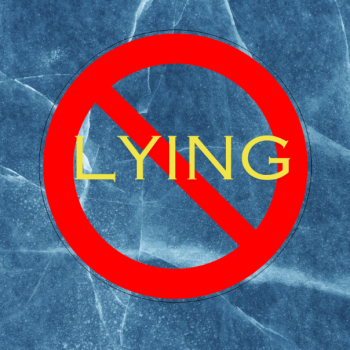R3 Contributor
There has been much critique and controversy surrounding the new Quentin Tarantino movie “Django Unchained”. In particular I keep coming across a consistent critique on the depictions of violence throughout the movie. While cinematic violence is a topic worthy of debate within American cinema I find a certain sense of irony that this critique is being levied on this movie when there are innumerable movies in the cinematic landscape also worthy of such criticism. There are numerous reasons for this of course, of which I can’t possibly get into here. However, I have been mulling over the ones that pertain to religion for the last few days.
The consistent portrayal of white males in American action films speak to cultural religious beliefs within American culture.
White males in the role of the “action hero” appropriate messianic propensities that are consistent with right wing evangelical conservative beliefs in a raptured white jesus returning to save his beloved believers while exacting vengeful punishment on fallen sinners.
Django challenges this imagery more so than any other black protagonist by placing Django in the role of messianic deliverer, a black jesus, in the most controversiveryal period of American history, chattel slavery, exacting punishment on a culture of white supremacy that has neither come to terms with their sins or acknowledged them but instead misappropriated their sins on the very people and person (in the form of Django) who has come back to punish them.
This is unheard of in American cinematic history. This is a response to the mythology and utter fabrication of D.W. Griffith’s “Birth Of A Nation” that posits the “christian” Klansmen as the heroic protagonists saving ‘innocent whites’ from the dark evil of the African negro. One could argue that every narrative since the screening of that movie in the White House in 1915 has been the archetype for American cinematic hero narratives in some way shape or form up to present times.
Django, as the “black jesus” challenges long held socio-religious notions of good and evil that are reinforced by the consistent imagery of vengeful white heroes in cinematic pop culture. He challenges the very existence of a white jesus used to justify slavery turning the narrative of the avenging white jesus on to the very culture that has always externalised that evil in the face of the black or brown alien ‘other’.
White supremacist culture is confronted with itself and more importantly with the imagery that their deliverer may not look like them nor is he their deliverer but their ultimate judge, jury and executioner. Django for all intent and purposes is an avenging black Jesus that the God of the OT would get behind. “I will carry out great vengeance on them and punish them in my wrath. Then they will know that I am the Lord, when I take vengeance on them” Ezekiel 25:17.
This narrative, so central to American culture and used to establish, reinforce and maintain American chattel slavery and societal white supremacy sits at the seat of patriarchal racism creating a paradoxical and uncomfortable cognitive dissonance that has a racist culture both cheering FOR and being uncomfortable WITH Django’s violence. Thus the critique we now see about on screen violence in cinema.
Thoughts?
















